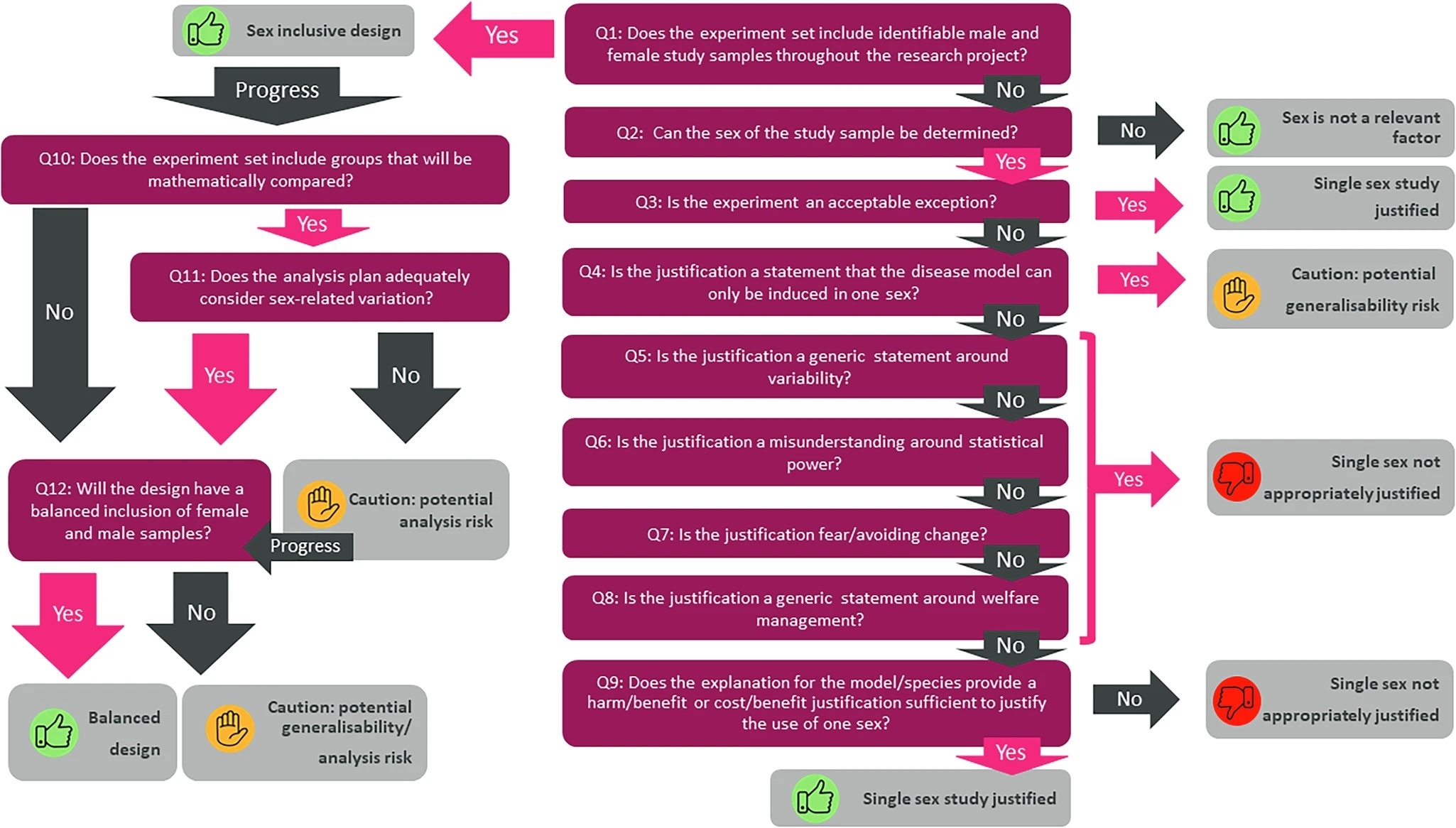In new research published in Science Advances, scientists at MRC Harwell working with colleagues at the University of Oxford and University College London, have shown that changes in the way that neurons communicate with each other in the brain affect our ability to move between sleep and wake states. These findings bring us closer to understanding the role of specific genes in regulating various sleep stages.
Whilst our bodies sleep, we transition between sleep stages, alternating between non-rapid eye movement (NREM) sleep, rapid eye movement (REM) sleep and wakefulness. These transitions are controlled by structures in the brain, however, the genetic regulation of this is not well understood.
Using video recordings of mice, researchers identified a mouse line that had widespread disturbances in sleep and defects in the neuronal networks that mediate the sleep-wake transition. These animals also show defects in switching between NREM and REM sleep.
By mapping the genetic mutation underlying this defect, they showed that a single change in a synaptic protein, VAMP2, resulted in disruption of synaptic mechanisms. Mutant mice had a reduction in neurotransmitter release and an overall weakening of synaptic connections, resulting in slower switching between sleep states.
These findings identify a previously unrecognised role of VAMP2 in sleep and highlights how communication in neuronal networks across the brain plays a key role in regulating sleep. Identifying the role individual genes play in moving between states of consciousness will provide a new understanding of disturbances within the various stages of sleep. This insight will help us understand how sleep quality is affected in humans, and will contribute to new treatments for sleep disorders.



